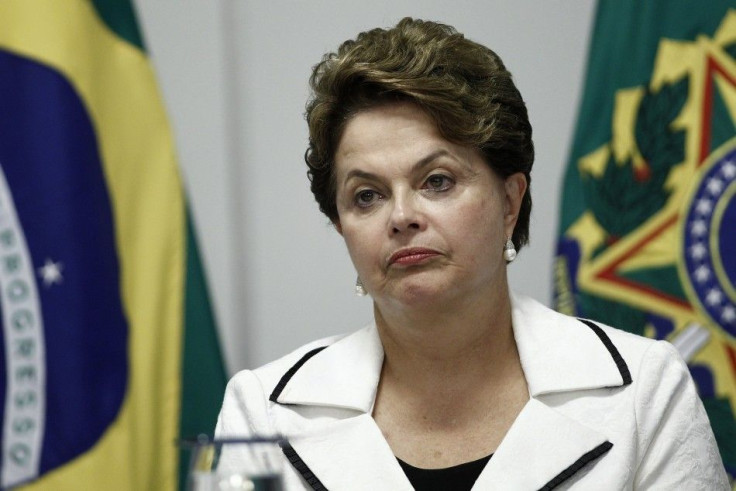High-Level Corruption Mars Brazil's Political System; but President Rouseff Stands Tall

Just a month shy of her first anniversary as Brazil's President, Dilma Rousseff's tenure has been marred by a series of corruption scandals involving cabinet ministers.
Rousseff has lost minister after minister to corruption scandals since last June, almost at the rate of one a month. The latest to lose his office is Labor Minister Carlos Lupi. The successive resignations point directly to the corruption that is deeply embedded in the public administration system in Brazil.
According to the Corruption Perceptions Index (CPI) 2011 of the Transparency International Brazil stands at 73rd among the 179 countries ranked. According to the 2010 CPI, Brazil was in 69th, along with Cuba. This year, Cuba has improved to 61st, while two democracies competing with Brazil - China and India, rank at 75 and 91, respectively. The net result is a fall of four index points for Brazil, over the past year.
Brazil has made great progress on the economic front in the past decade but deep-rooted corruption in all spheres of the country is taking its toll as it struggles to sustain the progress it has achieved.
Interestingly, Brazil has some of the best anti-corruption laws, which formed the basis for designing similar frameworks in other developing countries. However, despite the strong laws and a left-oriented government which has vowed to root out corruption, the country is toiling through its worst phase.
Corruption in Brazil, as in similar democracies like India and China, has several interrelated and complex reasons.
- The huge geographical area and the resultant federal structure of the political system gives scope for corruption as multiple regulatory agencies are involved in policy sanctions.
- The high cost of election campaigning and strict campaign finance rules are other key factors. The majority of the political parties find it difficult to limit their campaign expenditure to the legal limit, forcing them to go for clandestine spending leading to corruption.
- All six ministers who resigned from President Rousseff's cabinet have been accused of demanding and accepting kickbacks from companies and NGOs in return for awarding public contracts. It is reported that most of the kickbacks they received go to the election campaign funding.
- The coalition politics which operates on complex factors often dictates the terms in countries like Brazil and India. This results in the lack of political will in curbing corruption as the government is always forced to secure the interest of coalition partners. The enforcement of law takes a back seat.
According to the latest report by the Organization for Economic Cooperation and Development (OECD), Brazil's government needs to strengthen its public workers by allowing more freedom, responsibility and resources to curtail corruption.
It is good news that the President has not lost her popularity as a result of the scandals involving members of her staff. Her firm actions against wrongdoers have helped her emerge as a corruption crusader.
The scandals have emerged at a time when the country is going through a crucial period. According to reports, the implementation of infrastructure projects has been adversely affected by allegations of corruption. While a crusading and alert media is exposing most corruption-tainted deals, the administration is finding it tough to keep deadlines ahead of the 2014 World Cup and the 2016 Olympic Games in Rio de Janeiro. The rebellion of coalition partners, miffed over forced resignation of their ministers, only adds to the President's woes.
These factors force President Rousseff to navigate her path cautiously. Though Brazil stands ahead of its competitors in the developing world, in economic development and transparency, the current trend clearly depicts narrowing margins. This is indeed a worry to the government.
© Copyright IBTimes 2024. All rights reserved.











